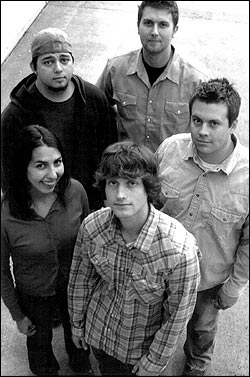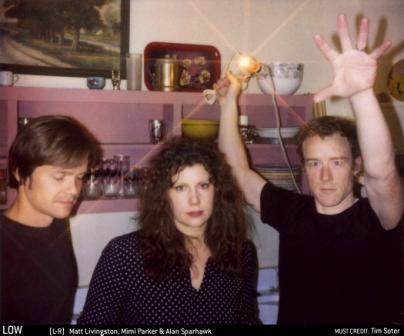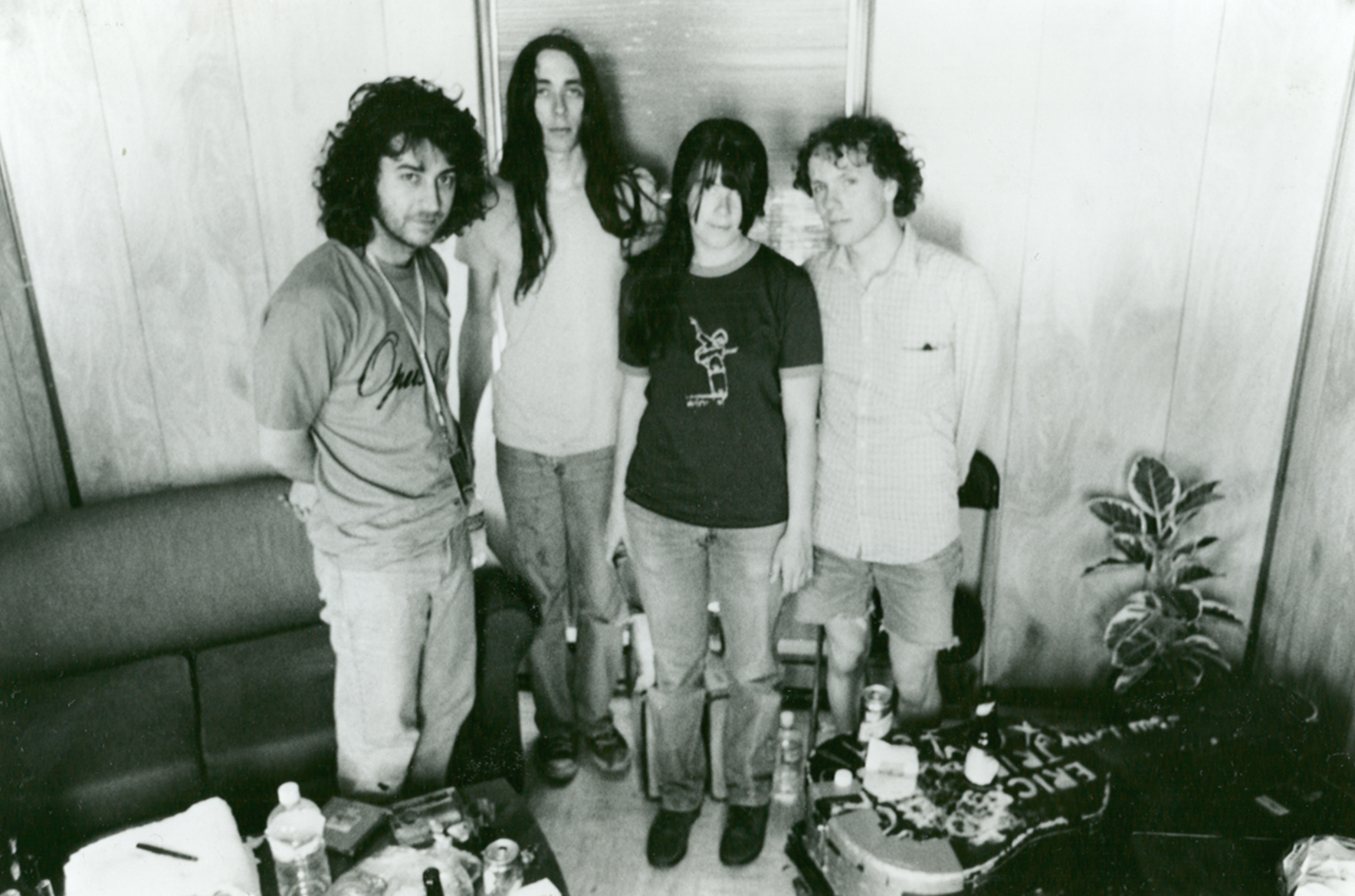Seattle Weekly: I first heard your band’s rock-folk-blues during a two-set show with Celtic-rockers Carbon Leaf at the Tractor last year. How did that come about?
Ian McFeron: While Nashville and Austin have large niches for roots-based stuff, Seattle is a huge indie-rock town and playing [that style] can be trickier. Carbon Leaf kind of got their start on [radio station] the Mountain, who had been good to us, too, and the station put us in touch. We have a Texas fiddle player, a blues lead guitarist, a jazz–trained drummer, and a funk and jazz-trained bassist, [along with] my singer-songwriter style, so it was a great opportunity to get in front of fans who are interested in the blend we play.
By performing an average of once a month, you’ve been very savvy about not oversaturating the market.
Someone recently told me there are 5,000 Seattle bands vying for Friday and Saturday night shows, so we’re competing not only against the corporate bands but against each other, just to get in the door at the Tractor, Showbox, and so on. Making it today is essentially about endurance. Maybe you won’t eventually become the next Dave Matthews, but you can build a loyal following of listeners in enough cities that you can tour.
After collaborating on 2003’s folky Don’t Look Back and this year’s edgier A Long Way to Freedom, is the band on the same page with where you want to go from here?
I feel like we’re solid. With our community, the biggest problem is that everybody is multitalented, with opportunities to be successful at lots of things. You don’t only have issues with the industry, but with keeping your own community together, and it’s an insane amount of work. We’re looking into recording our third album; I want to start cutting tracks no later than August.
Freedom is less romantic than your debut, more of a kiss-off. Why is that?
In college, I studied conflict and reconciliation efforts in war-torn societies, which took me to Belfast for three months, then Cape Town, South Africa, and it was pretty intense and jading. I chose that trip over a relationship I’d been in for over two years, so losing the relationship and my faith in some things gave me a lot to reflect on when I returned. I was putting my angst and issues into [the album] as a way to maintain. Freedom is an extension of that relationship saga, and me moving on.
So, you’re right where you want to be.
That being said, the music industry—where the love of the craft becomes a job—is a whole other pile of shit. Hammering out deals with bookers, planning tours, maintaining a budget—you do all these logistical things because you love the creation of music more than you hate the music industry. I think that’s the balance you have to strike.








